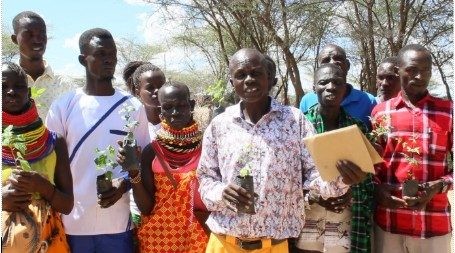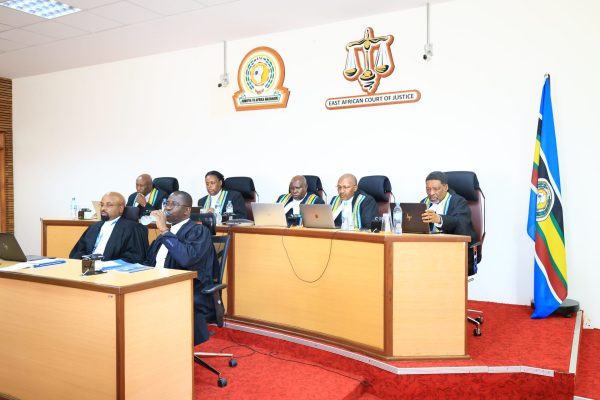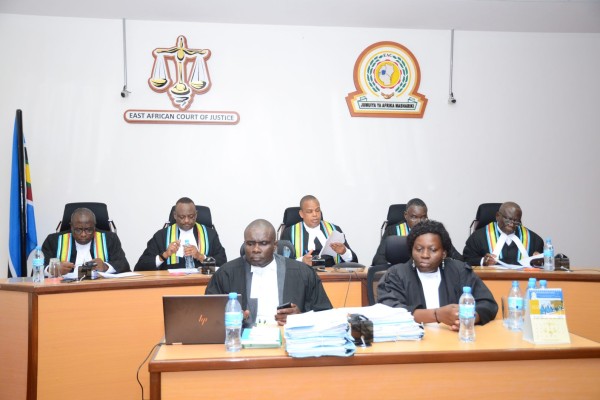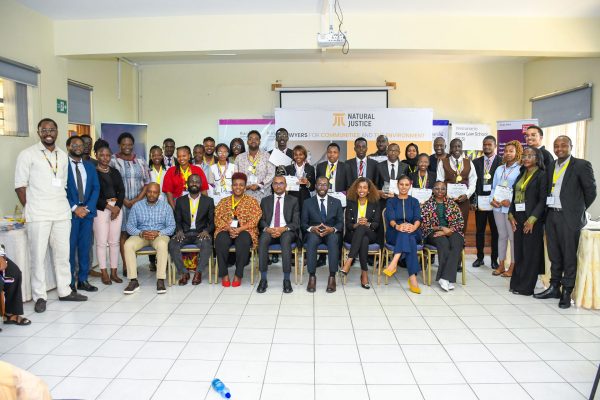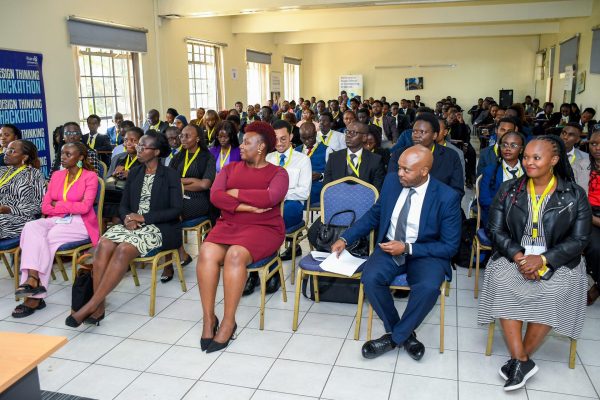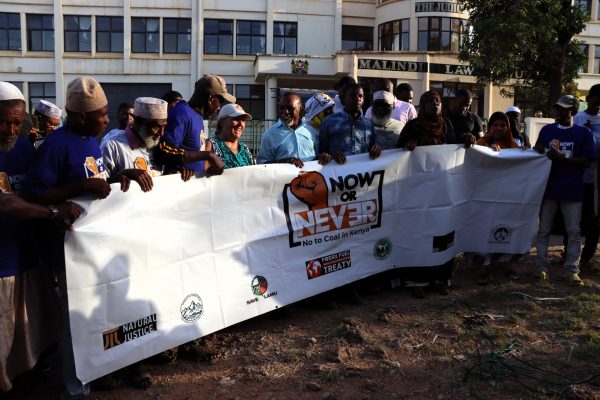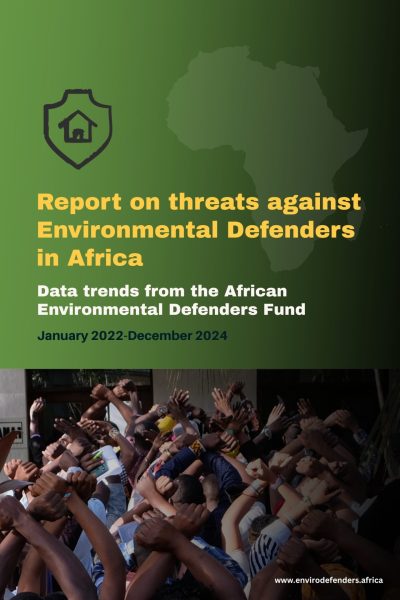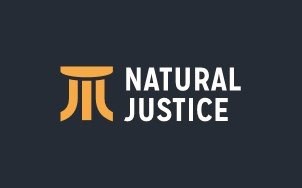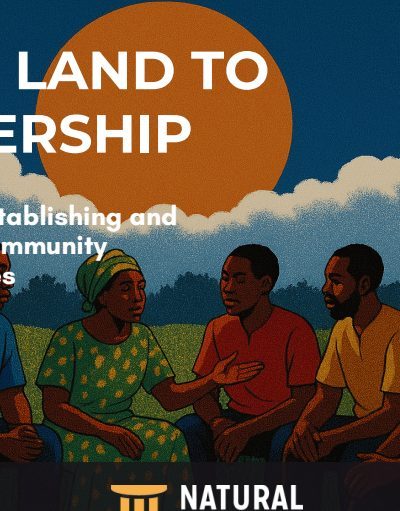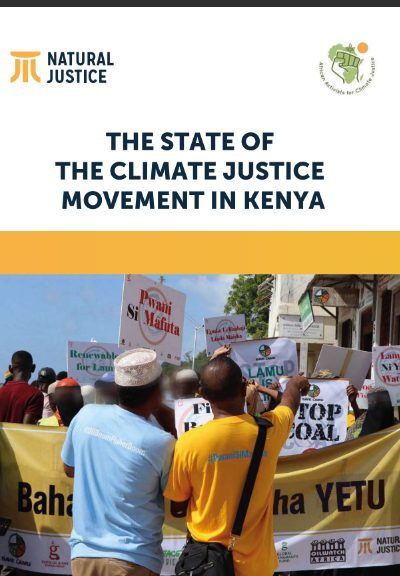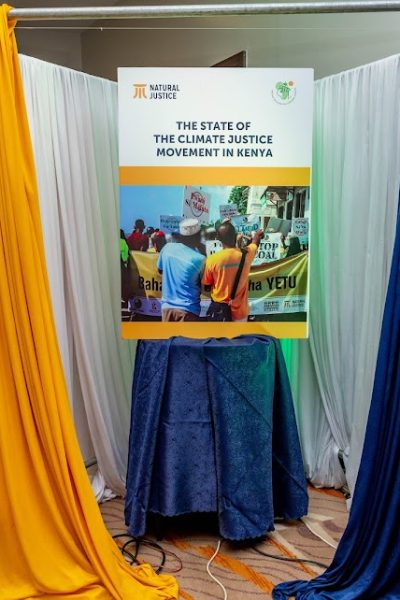Kenya is a culturally and biologically diverse country, with more than three-quarters of its landscapes comprising semi-arid and arid rangelands and savannahs. Agriculture is the mainstay of the economy, representing 24% of GDP, and 18% of the total formal employment. However, tourism and a range of technology and services industries are also key sectors. A substantial amount of the population living in rural areas depend upon the environment for their livelihood, including fishing, pastoralist, farming and hunter-gather communities.
Rapid economic growth and the demands of an increasing population are leading to developments in infrastructure, extraction of resources and industry. The country’s blueprint for development, Vision 2030, plans to transform Kenya into a competitive and prosperous nation, with numerous flagship projects having commenced. These projects are transforming landscapes and imposing direct impacts upon land dependent communities.
The country’s constitution entrenches the right to a clean and healthy environment, guarantees access to information, participation in decisions, access to justice and recognising community land tenure. This framework has now led to the recent development of laws necessary to actualise these rights. However, legal implementation remains a challenge and numerous communities struggle to protect themselves and the land they live on from the impacts of new development projects.
Natural Justice operates as a programme of Action Aid International in Kenya.
Our work in Kenya aims to:
- Work in partnership with other institutions, such as ActionAid Kenya, to fully assist communities to the protection of their rights.
- Support groups affected by various projects to be involved in decision-making and monitoring environmental compliance.
- Support indigenous peoples and local communities negotiating benefit-sharing agreements over their resources and knowledge.



